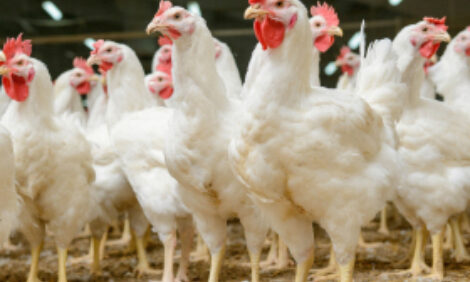



Australian Eggs to be Stamped Local
AUSTRALIA - South Australian consumers will enjoy greater confidence that they are buying local and the highest quality eggs from later this month when new food safety requirements come into force.From 26 November, all eggs entering the food supply chain must be stamped with a producer or processor’s unique identification markings, improving assurance and aiding traceability of the eggs.
Minister for Agriculture, Food and Fisheries, Gail Gago, said the move, part of new national standards, would boost consumers’ confidence when purchasing eggs.
“Consumers love their local produce and they expect what they buy to be of the highest quality.
“Producers will be required to remove any cracked or dirty eggs from sale to ensure that eggs don’t become infected with Salmonella.
“Egg stamping will ensure that any eggs that need to be traced back to the farm can be done quickly and easily.
“Under the scheme, producers must be accredited if they have more than 50 laying birds and sell eggs
“These regulations will not apply to people who have chickens in their back yard producing eggs for their own consumption as long as they are not selling their home grown eggs wholesale, to food businesses or at a farmers’ markets,” she said.
To gain accreditation producers will need to contact BiosecuritySA, adopt a food safety statement, comply with the new standards and pay an annual fee.
Retailers and food service caterers such as hotels, snack bars and restaurants will also need to comply with the new rules and ensure eggs they use are stamped and, if they are from South Australia, that they come from an accredited producer.
The vast majority of eggs will be stamped with SA followed by a number to identify the farm. Two SA companies with specific well known logos in their regions will keep them (the Riverland’s Glenview Poultry Farm and Kangaroo Island’s Katham Springs).
SA Health and Biosecurity SA will undertake an education and awareness program for businesses and producers in coming months.









